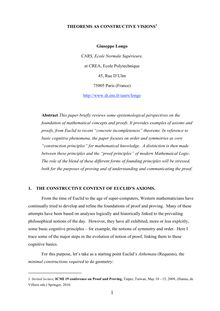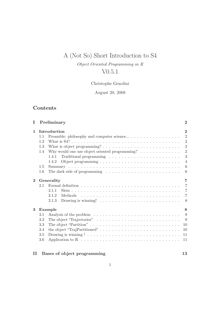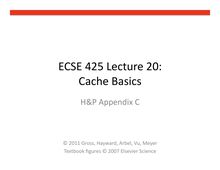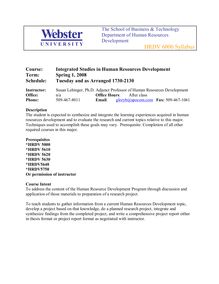#euclid

Documents
THEOREMS AS CONSTRUCTIVE VISIONS1 Giuseppe Longo CNRS Ecole Normale Supérieure et CREA Ecole Polytechnique Rue D'Ulm Paris France http: www di ens fr users longo Abstract This paper briefly reviews some epistemological perspectives on the foundation of mathematical concepts and proofs It provides examples of axioms and proofs from Euclid to recent “concrete incompleteness” theorems In reference to basic cognitive phenomena the paper focuses on order and symmetries as core “construction principles” for mathematical knowledge A distinction is then made between these principles and the “proof principles” of modern Mathemaical Logic The role of the blend of these different forms of founding principles will be stressed both for the purposes of proving and of understanding and communicating the proof THE CONSTRUCTIVE CONTENT OF EUCLID'S AXIOMS From the time of Euclid to the age of super computers Western mathematicians have continually tried to develop and refine the foundations of proof and proving Many of these attempts have been based on analyses logically and historically linked to the prevailing philosophical notions of the day However they have all exhibited more or less explcitly some basic cognitive principles for example the notions of symmetry and order Here I trace some of the major steps in the evolution of notion of proof linking them to these cognitive basics For this purpose let's take as a starting point Euclid's Aithemata Requests the minimal constructions required to do geometry: Invited lecture ICMI conference on Proof and Proving Taipei Taiwan May Hanna de Villiers eds Springer
Giuseppe Longo

Documents
Rapports de stage
THEOREMS AS CONSTRUCTIVE VISIONS1 Giuseppe Longo CNRS Ecole Normale Supérieure et CREA Ecole Polytechnique Rue D'Ulm Paris France http: www di ens fr users longo Abstract This paper briefly reviews some epistemological perspectives on the foundation of mathematical concepts and proofs It provides examples of axioms and proofs from Euclid to recent “concrete incompleteness” theorems In reference to basic cognitive phenomena the paper focuses on order and symmetries as core “construction principles” for mathematical knowledge A distinction is then made between these principles and the “proof principles” of modern Mathemaical Logic The role of the blend of these different forms of founding principles will be stressed both for the purposes of proving and of understanding and communicating the proof THE CONSTRUCTIVE CONTENT OF EUCLID'S AXIOMS From the time of Euclid to the age of super computers Western mathematicians have continually tried to develop and refine the foundations of proof and proving Many of these attempts have been based on analyses logically and historically linked to the prevailing philosophical notions of the day However they have all exhibited more or less explcitly some basic cognitive principles for example the notions of symmetry and order Here I trace some of the major steps in the evolution of notion of proof linking them to these cognitive basics For this purpose let's take as a starting point Euclid's Aithemata Requests the minimal constructions required to do geometry: Invited lecture ICMI conference on Proof and Proving Taipei Taiwan May Hanna de Villiers eds Springer
Giuseppe Longo
19 pages
English
Collection
{{collectionTitle}}
Collection
{{collectionTitle}}
Collection
{{collectionTitle}}
{{productCategoryLabel}}
{{productTitle}}
{{productAuthors}}
{{productCategoryLabel}}
{{productThemeLabel}}
{{productTitle}}
{{productAuthors}}
{{productPages}}
{{productLanguageIsoCode}}



